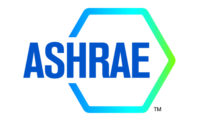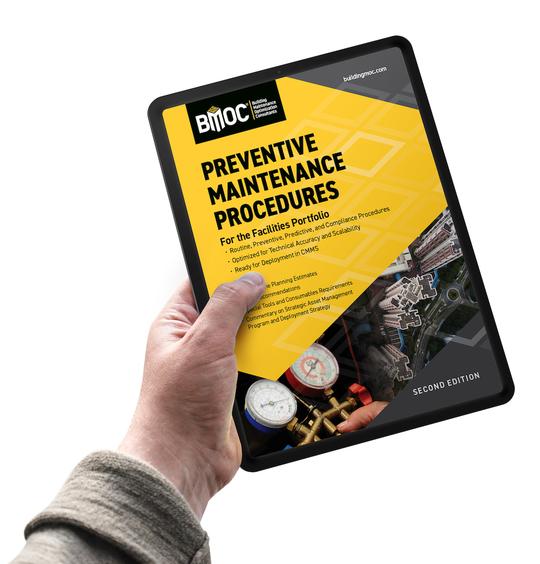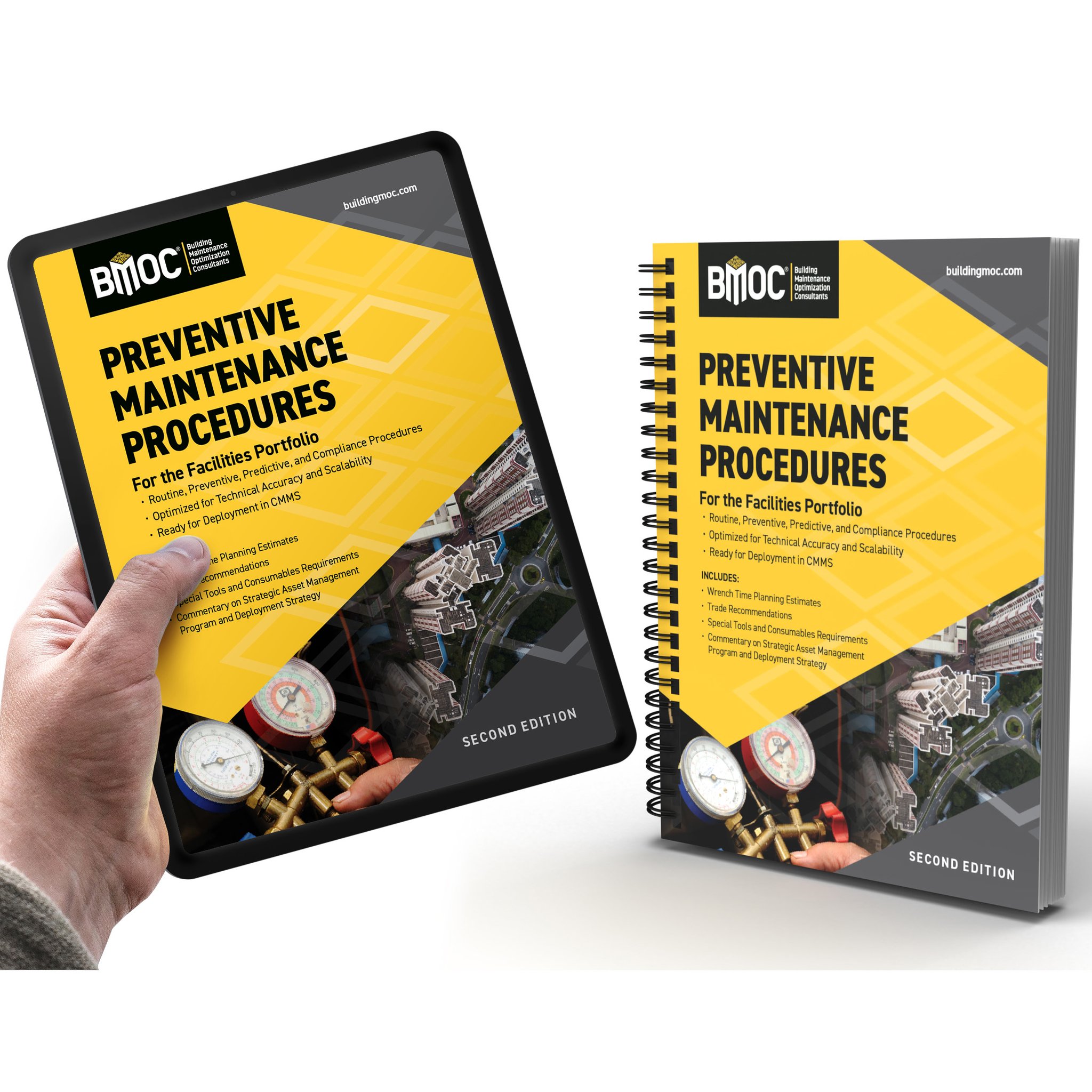The systems and applications and refrigeration tracks highlight the meeting, which takes place January 27-31, 2000 in Atlanta at the Georgia World Congress Center.
With continued focus on the need for alternative refrigerants, the hvacr industry is challenged to satisfy the demand for applications using new refrigerants while meeting higher operating efficiencies. An overview of the latest designs for the basic components of industrial systems and applications are reviewed in a seminar.
Noise problems associated with screw chillers, which are relatively new to hvac system design, such as noise sources, measurement standards, and case studies are examined in a seminar.
Refrigeration system design, applications and retrofits will be discussed in a seminar, presenting some of the typical applications in the industrial refrigeration industry.
Several sessions will look at various systems and applications. Lessons learned in industrial air conditioning will be examined in a seminar addressing problems arising in power plant ventilation and air conditioning. It covers personnel safety issues, infiltration and exfiltration of unfiltered air, chemical corrosion in heat exchangers, emission and temperature limits, measurements, and associated codes and standards.
Information on pumping design and performance modeling of geothermal heat pump systems will be presented in a symposium.
The economic impact of the aging of pipe in hvac systems will be studied in a forum. It explores whether the impact of non-treated fluids and properly and improperly treated fluids can be accurately projected.
Alternative technologies will be explored in several sessions. A seminar will look at combining renewable power generation with energy-efficient and sustainable building design in regard to applications in solar energy.
The use of life-cycle assessment tools for determining environmental performance of buildings is examined in a seminar. Figures show that U.S. buildings in their construction, use and demolition account for nearly 45% of domestic energy use and more than 10% globally. The seminar advocates that design professionals have a responsibility to minimize and mitigate the impact of buildings on the environment.
A wide range of indoor air quality (IAQ) issues are covered, including makeup air's contribution to indoor air humidity problems. The majority of hvac systems are controlled by a thermostat alone, which is no longer acceptable. A seminar looks at the challenges faced by system designers and equipment manufacturers in controlling indoor humidity.
The challenges and issues of ventilation, cooling, and dehumidification in hot and humid climates will be addressed in a forum.
The use of chemically-treated steam in humidification and whether steam is compatible with good indoor air quality will be examined in a forum.
The issue of requiring carbon monoxide alarms in living spaces will be discussed in a forum. The history of CO exposure and incidents will be provided, along with information on field experience.
Programs on ASHRRE standards or guidelines include:
- A seminar on meeting the requirements of Standard 90.1, “Energy Standard for Buildings Except Low-Rise Residential Buildings,” using energy recovery ventilation.
- A seminar introducing the requirements of ASHRAE Guideline 12, “Minimizing the Risk of Legionellosis Associated with Building Water Systems.”
- A forum examining what requirements are needed in ASHRAE's Standard 170P, Ventilation of Healthcare Facilities.”
- A forum discussing the relevance of ASHRAE Standard 90.2, “Energy-Efficient Design of New Low-Rise Residential Buildings.”
- A forum addressing the revision of ASHRAE Standard 62-1999, “Ventilation For Acceptable Indoor Air Quality,” through use of continuous maintenance.
The technical program is comprised of 49 seminars (application-oriented presentations without papers), 16 symposia (presentations with papers on a central subject), 28 open discussion forums, two technical sessions (paper presentations), a poster session and a public session featuring Amory Lovins, co-author of Natural Capitalism: Creating the Next Industrial Revolution. A total of 107 papers will be presented.
Held with the ASHRAE Winter Meeting is the International Air-Conditioning, Heating, Refrigerating Exposition, Jan. 29-31, at the Georgia World Congress Center. The exposition is cosponsored by ASHRAE and the Air-Conditioning and Refrigeration Institute.



